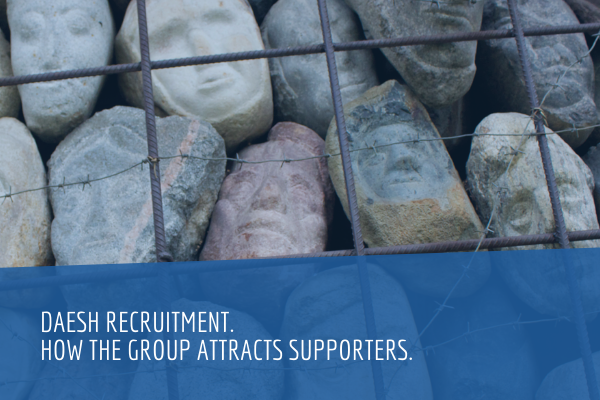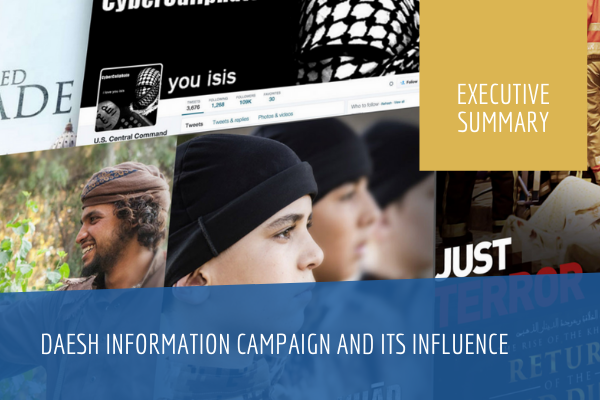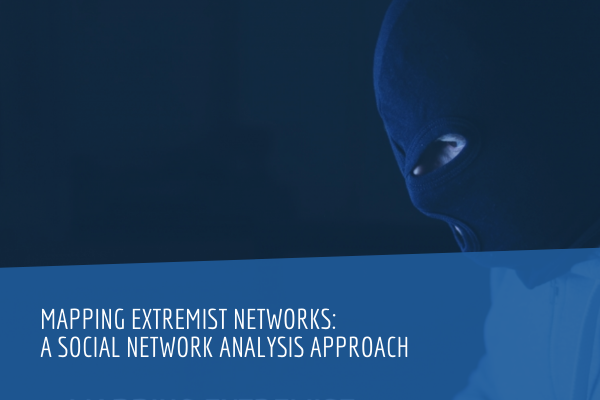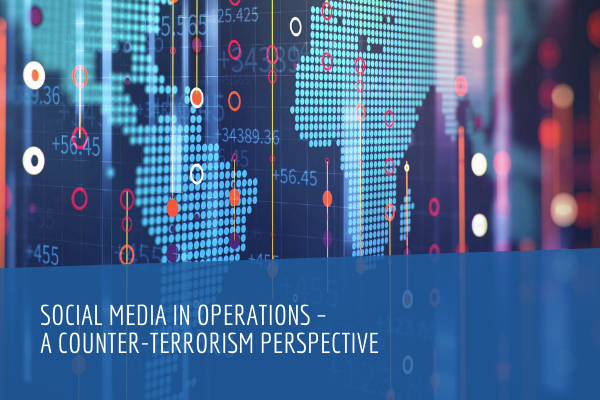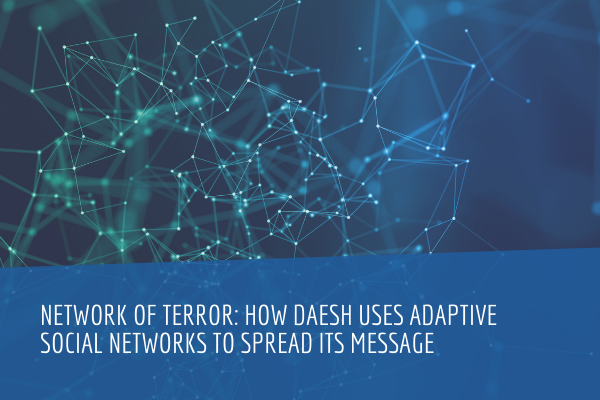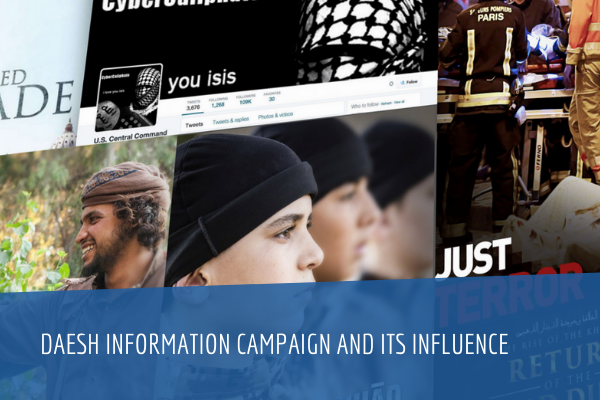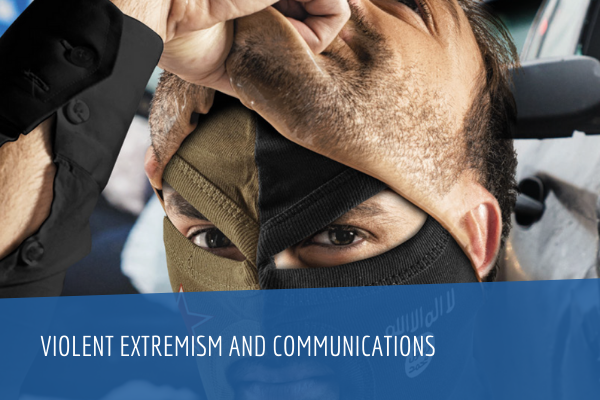About this report
This report provides information about Daesh’s ‘recruitment support strategy’, following on the previous research publication, ‘Daesh Information Campaign and its Influence’ from the NATO Strategic Communications Centre of Excellence. The main focus of this publication is on understanding what is important from the perspective of Daesh recruitment teams—How do they select target audiences for recruitment propaganda? What motivates potential recruits? What are the stages of the Daesh recruitment process?
The methodology used for this study is based on content analysis of the main Daesh products. To understand the narratives currently being used, roughly three hundred Daesh publications of various types, released between January and June of 2016, were analysed for information pertaining to recruitment and radicalization, including fourteen issues of Dabiq, magazine prepared for English speaking audiences. A deductive approach was used in analysing the content of the publication in order to reveal the possible motivations of Daesh supporters.
The extrapolated objectives and observable effects of each Daesh product provide the Centre with information that can be used to surmise what attracts people to support the terrorists’ cause. Content analysis and deductive reasoning are used to formulate conclusions about the proportion of the recruitment support strategy spent in Daesh communication, as well as how many products may potentially be of interest to possible supporters.
Since many nations have government personnel and independent institutions working on the recruitment and radicalization problem, the Centre analysed reports and publications from other researchers pertinent to understanding how extremist organizations, such as Daesh, draw prospective recruits into their violentstrategy.
Moreover, the Centre project officer responsible for this study travelled to a number of seminars and conferences where he had the chance to discuss the most important issues from a strategic communications perspective. Expert subject matter discussions led the author to an understanding of those aspects of Daesh’s communication strategy that focus on recruitment support.
